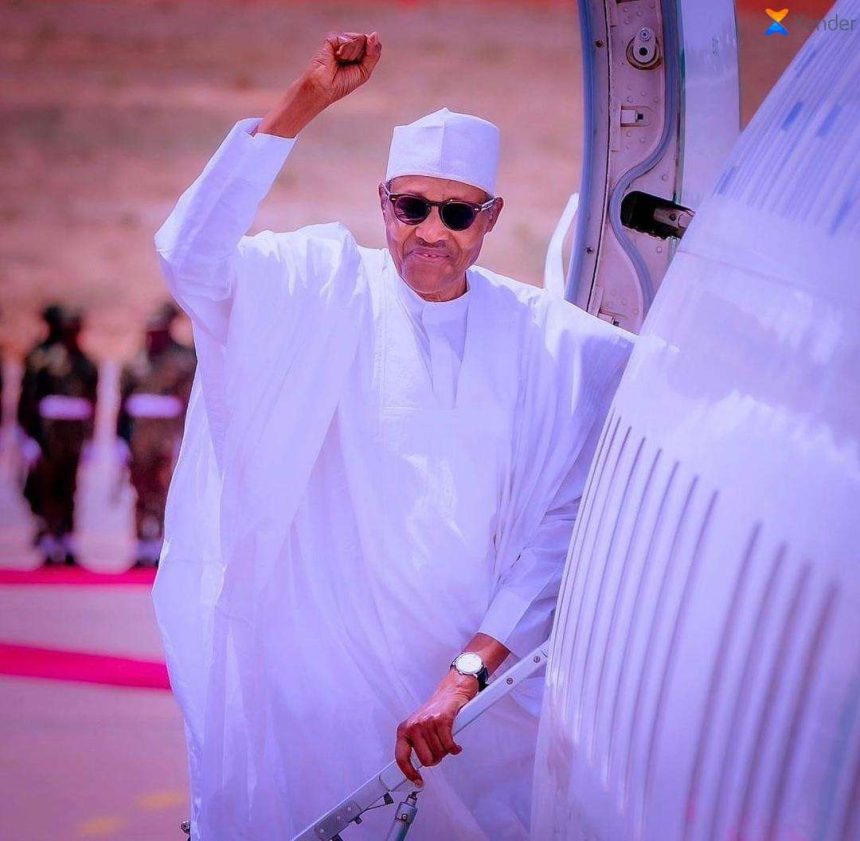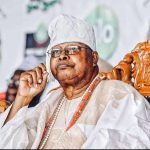Following the death of former President Muhammadu Buhari, Nigeria is reflecting on a polarizing yet transformative chapter in its democratic history.
Though his leadership divided opinion, Buhari’s administration, from 2015 to 2023, implemented one of the most ambitious reform agendas in post-independence Nigeria.
With over 60 major policy reforms, $10 billion in infrastructure investment, and social programmes impacting more than 50 million Nigerians, his legacy is defined by data-driven achievements.
“President Buhari’s time in office will be remembered for prioritising infrastructure, governance reforms, and social safety nets in ways not seen since the return to democracy in 1999,” said Dr. Zainab Ahmed, former Minister of Finance.
According to the Presidential Community Team Report (2015–2023), here are 10 of the most significant accomplishments of the Buhari presidency.
1. Infrastructure: $10bn Projects Rolled Out Nationwide
The Buhari administration launched Nigeria’s largest infrastructure drive since independence, investing more than $10 billion in transport, roads, and ports.
Notable projects included the Lagos-Ibadan and Abuja-Kaduna standard gauge railways, the Second Niger Bridge, and 1,963 km of rehabilitated highways.
“Wherever you travel in this country today, you’ll see physical evidence of a government that invested heavily in connectivity,” former Works and Housing Minister Babatunde Fashola once stated.
2. Energy and Power: Over 4,000MW Added to Grid
Despite enduring energy shortfalls, Nigeria’s power sector saw notable improvements.
The administration initiated 135 transmission projects, completed 30 substations, and commissioned large-scale facilities like the 700MW Zungeru and 40MW Kashimbila hydropower plants.
The Solar Power Naija programme also aimed to electrify underserved areas.
“We are closing the energy access gap with renewable, decentralized solutions,” Buhari declared at the African Energy Week in 2021.
3. Petroleum Reform: Historic Oil Bill Enacted
In 2021, Buhari signed the long-awaited Petroleum Industry Act (PIA), restructuring the oil and gas sector after decades of stagnation.
“This is a victory for Nigeria. After 20 years in the making, the PIA will transform our petroleum sector and attract billions in new investments,” Buhari said at the bill’s signing ceremony.
The act also commercialized the NNPC and paved the way for major investments such as the 614 km Ajaokuta-Kaduna-Kano pipeline.
4. Anti-Corruption and Legislative Reform: Landmark Legal Changes
The Buhari presidency saw the passage of 16 constitutional amendments and over 30 new laws.
“This administration strengthened our legal framework against corruption and economic crimes,” said Professor Itse Sagay, chairman of the Presidential Advisory Committee Against Corruption.
Key legal instruments included the Proceeds of Crime Act, revised Money Laundering Act, and the Nigeria Police Act 2020—the first policing overhaul in nearly 80 years.
5. Digital Economy: ICT Surpasses Oil in GDP Share
Under Buhari, ICT became Nigeria’s top GDP contributor, overtaking oil.
“We have laid the foundation for Nigeria’s digital future,” said Isa Pantami, former Minister of Communications and Digital Economy.
4G coverage expanded from 23% to 77.5%, fibre optic infrastructure quadrupled, and the 5G spectrum auction earned the government $547 million.
6. Social Programmes: 50 Million Nigerians Reached
The National Social Investment Programme reached over 50 million Nigerians, including beneficiaries of cash transfers, school feeding, and youth employment schemes.
“President Buhari demonstrated that social protection is not charity but an economic strategy,” said Maryam Uwais, former Special Adviser on Social Investment.
The Development Bank of Nigeria also disbursed N482 billion to 200,000 MSMEs, empowering entrepreneurs nationwide.
7. Agriculture: 4 Million Farmers Supported
Through the Anchor Borrowers Programme, N800 billion supported 4 million farmers across 5 million hectares.
“Our focus was to make agriculture a business, not just a way of life,” Buhari noted at a national agriculture summit in 2022.
Locally blended fertiliser production hit 60 million bags under the Presidential Fertilizer Initiative, and agro-industrial hubs were launched with AfDB support.
8. Business Environment: 39-Place Jump in Global Rankings
Nigeria moved from 170th to 131st in the World Bank Ease of Doing Business rankings, driven by over 160 reforms under PEBEC.
“Our mission was to eliminate bottlenecks for small businesses,” said Jumoke Oduwole, then PEBEC Secretary and Presidential Adviser.
Key wins included the digitisation of corporate registration and the Companies and Allied Matters Act 2020.
9. Human Capital: N2 Trillion in Tertiary Education
TETFund allocated over N2 trillion to universities, while 94 new higher institutions were licensed. Health infrastructure also saw investments during the COVID-19 pandemic and beyond.
“Our goal was to give every Nigerian child a chance at learning, no matter their background,” Buhari said at the launch of the Alternate School Programme.
10. Railways: 800+ Kilometres of Track Commissioned
The administration revived Nigeria’s rail sector, commissioning over 800 km of track and initiating construction on new corridors.
“This is not just rail development—it is national integration,” declared Rotimi Amaechi, former Transport Minister.
Students were even sponsored to China to study railway engineering, signalling a focus on capacity building.
A Presidency Measured in Miles, Megawatts, and Millions
Muhammadu Buhari’s presidency was, at once, contentious and consequential. While critics highlight inflation, insecurity, and human rights concerns, the administration delivered measurable progress in infrastructure, digital inclusion, and public welfare.
“In a country where plans often outpace execution, Buhari’s legacy lies in delivery,” noted analyst Dr. Idayat Hassan of the Centre for Democracy and Development.
As Nigeria continues to reckon with his record, one thing is clear: the legacy of Muhammadu Buhari is etched in rail lines, reforms, and the lives of millions.
Talking Point
President Muhammadu Buhari’s legacy is a complex blend of measurable progress and public discontent.
His administration delivered landmark reforms and infrastructure development, reviving the rail sector, enacting the Petroleum Industry Act, expanding digital connectivity, and implementing wide-reaching social programmes that impacted millions.
Yet, despite these data-backed achievements, widespread insecurity, economic hardship, and perceived detachment from public concerns overshadowed much of his tenure.
Ultimately, Buhari’s presidency was more technocratic than political, leaving a legacy defined not by popularity but by structural transformation that may be better appreciated in the long term.





